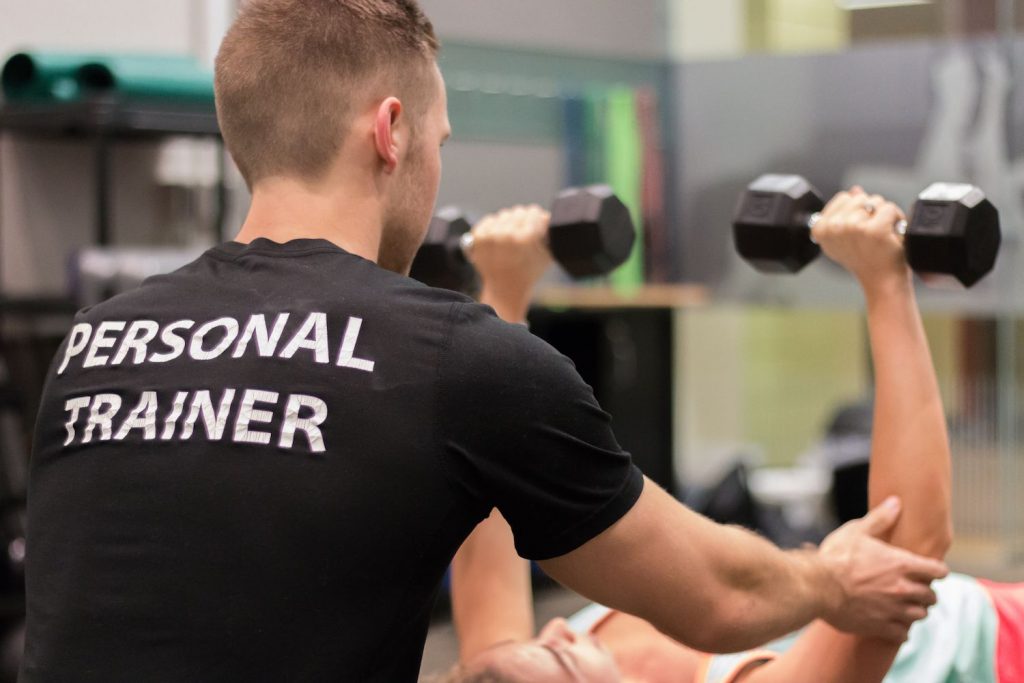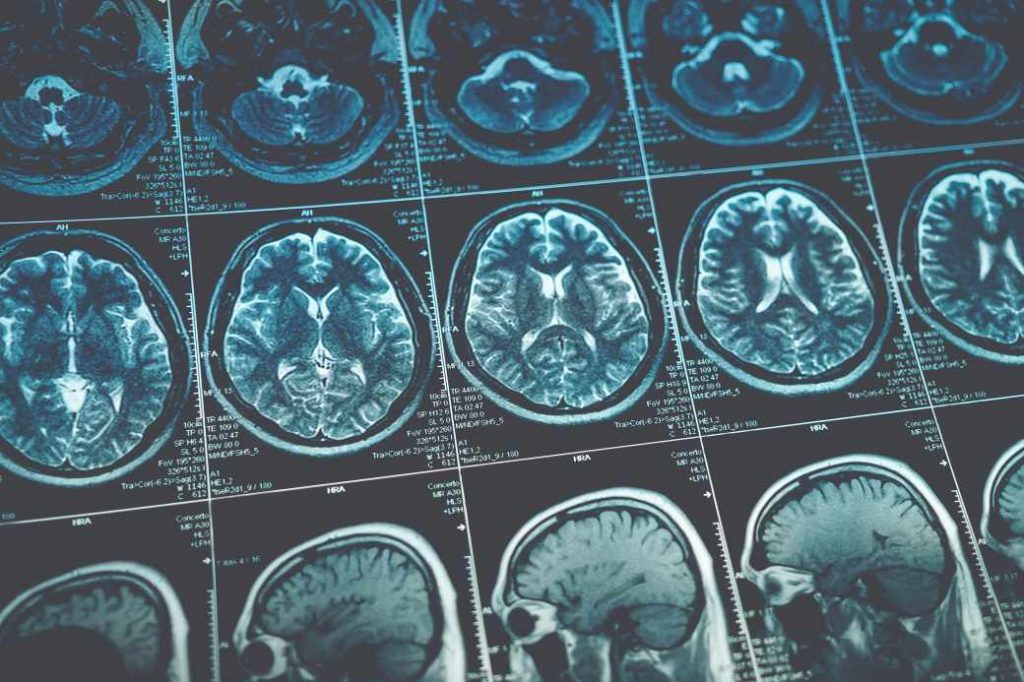If you don’t have a recommendation from your doctor, but you wish to improve an aspect of your physical strength or flexibility, choosing between a physical therapist and a personal trainer can be daunting. Most of us are familiar with these terms but really not sure about the differences between the two.
To help you understand the difference between these two professions, we created this guide to give you an insight into what personal trainers and physical therapists do and what you can expect.

What is the difference between a Physical Therapist and a Personal Trainer?
It would help if you first understood the differences between a physical therapist and a personal trainer before choosing who to work with. Even though these professionals may appear to be doing the same thing, that isn’t usually the case;
A personal trainer is a physical fitness expert who has the knowledge, skills, and abilities required to recommend or train you on practical and safe physical exercises and fitness programs. Your P would therefore be tasked with; designing for you safe exercises and fitness programs, instructing you on how to perform these exercises, and assisting you during these programs to ensure that you achieve your fitness and personal health goals.
A certified personal trainer can, therefore;
- Take your body composition measurements
- Prescribe custom-tailored exercise program depending on your personal needs or goals
- Evaluate your fitness levels and
- Guide you on essential exercise programs with a primary focus on the ideal technique
On the contrary, a physical therapist is a licensed healthcare professional with extensive training on the diagnosis of conditions. After a complete diagnosis, a qualified physical therapist will treat you or recommend helpful treatments which depending on your needs, may help restore your ability to function, move, and even more importantly, avoid disability.

A qualified physical therapist can, therefore;
- Help you diagnose a movement function
- Consult with you about your symptoms or physical condition
- Instruct you and your family on in-home exercises
- Maintain your patient records
- Develop a personalized treatment plan depending on your individual needs and
- Offer massage, stimulation, or any necessary manual technique to help you restore function
Who is better: A Personal Trainer or Physical Therapist?
Choosing between a personal trainer and a physical therapist depends on what you’re trying to achieve or treat. Here’s a quick breakdown of instances when you may need any of these professionals.
If you’re healthy but looking for an all-around natural-looking transformation, we’d recommend that you check the guide on this page to see how a personal trainer can make a difference: https://elevate360.com.sg/personal-training/

You should get a personal trainer if:
You Need Help Developing your Exercise Routine
An exercise routine will come in handy if you’re trying to lose weight. It would also be necessary if you’re trying to build your endurance or build muscles etc.
Getting a personal trainer for this purpose is essential because they have an in-depth understanding of the exercise routines that can help you achieve the specific goals you crave. They also understand multiple postures and will evaluate your fitness levels and posture.
They will use this information to craft a personalized workout program that matches your needs and lifestyle and help you achieve your goals. The program here will ensure you achieve your fitness goals and not stretch you beyond your limits, so you don’t suffer injuries in the process.
You want to try a New Workout Routine
You will also need the help of a certified personal trainer if you wish to try a new workout routine that you believe would help your situation. This is particularly helpful if you’re coming back to workouts after a long period without exercising or you’ve been using a routine that hasn’t delivered the desired results.
In a situation like this, too, the personal trainer begins by assessing your fitness levels. They’ll then use this information to determine the essential areas you should improve on. Depending on your preferences and the specialist’s recommendation, you may choose to work with the personal trainer for only a short time or agree on a long-term relationship so you can benefit from accountability and support from the professional.

If you Need Help Creating Time for your Workouts
We acknowledge that you may be having crazy schedules that make it complicated even to create time for your gym sessions. That’s another situation where a personal trainer also comes in.
Most personal trainers can always travel to your location and help you train at your place of convenience if you have very tight schedules. It doesn’t really matter if you don’t have a gym at home or not; they will always recommend the essential workout equipment that you can use in your spare room or backyard if necessary.
You should get a Physical Therapist:
If you’ve Suffered an Injury that Limits your Movements or Ranges of Motion
Physical therapists are trained to evaluate and diagnose conditions before they get out of hand. Therefore, they can diagnose the specific cause of your pain or injury and then recommend a recovery program to maximize your movement. You may also need an appointment with your physical therapist if you struggle with lower back pain, but you don’t fancy going under the knife.

For your neuro-rehabilitation needs
Neuro-rehabilitation needs usually run the gamut from conditions like; head injuries to stroke and even spinal cord injuries. In such situations, the professional will design a personalized program to help you recover fully from the after-effects of the injury or disease as you recover. In this case, a physical therapist can help you minimize the symptoms of your condition, improve your function, and even better improve your overall well-being.
With those considerations, it is evident that both physical therapists and personal trainers are best. Perhaps the only difference would be what you’re trying to achieve.
They perform different roles with varied scopes of practice but help people to get moving. Therefore, you should always consider your goals before investing in any of these providers to ensure that you get what you need.









